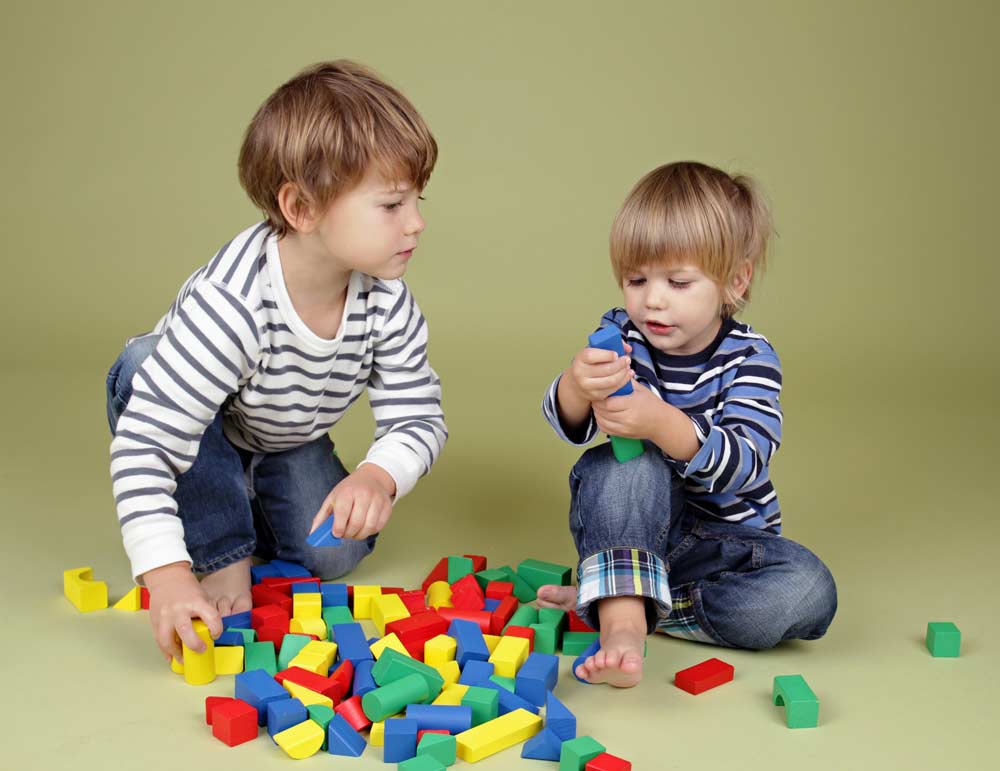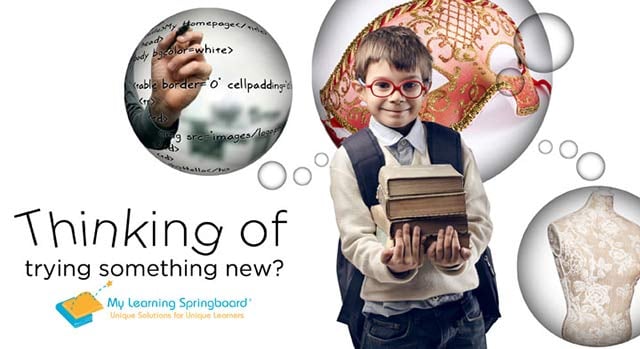 … but don’t worry they are easy to fix!
… but don’t worry they are easy to fix!
Ever have a student to whom you are giving positive reinforcement, who just seems to remain completely unmotivated? Have you ever considered whether your rewards just aren’t that rewarding? Highly rewarding and motivating reinforcement does not have to equal a lot of money spent or hours invested if you really know your student, not just as a learner but as a whole person. Here are three things we educators often overlook in trying to motivate our students:
We assume we know what is motivating for a student.
All small kids like bubbles, or candy, or stickers, right? An older student would do anything for a free movie trip, wouldn’t they? Well, that depends.
With younger children we often do find they like certain toys or social games, but we have to check in often to know what their preferences are because they quickly outgrow certain things and want new choices. How do we know? That’s easy, give them some choices! You can offer them different options and see which ones they choose and which they are the most excited about.
With an older child it gets trickier- we assume older students want breaks or trips or pizza lunches. I know when I was in middle school I wouldn’t have cared enough to work for any of those things, but I would have done almost anything to have someone sit and listen to me tell them about Napoleon for 5 minutes.
Now you may be wondering, how in the world would a teacher know that? None of mine did! That is where relationship-building and really knowing your older students is essential. You never know when your student has a quirky interest they are dying to share if someone just showed an interest – and listening is free! So don’t just assume you know what your student of ANY age actually wants – find out for sure!
We forget that people need both short-term and long-term motivators.
So maybe you find out that your student would indeed love a movie trip at the end of a successful semester; however, that is a big reward in terms of time and money, so obviously you can’t do that too often. Sometimes we as educators forget that while our students are working for a big reward that they are going to probably need shorter-term, smaller motivators along the way. The big reward can seem so far away, and the requirements so intense, that without extra incentives along the way it can be impossible to get there.
Adults can benefit the same way. Getting a paycheck may be a main motivator to work and not spend all day sunning on the beach; however, being told that you did a great job on a project helps anyone keep a positive attitude until payday comes. Don’t forget to think about how you can offer smaller rewards for positive behavior, even when students are trying for a bigger goal.
We forget that relationships play a key role in high-quality reinforcement.
If you try to reinforce your students with only items you are quickly going to get frustrated! As your students age, the “things” that will motivate them will likely have to grow in intensity. Let’s say, for example, that a student loves fire trucks. It may start that he or she is willing to work for pictures of trucks, but as they get older and gain skills maybe they will want to be driven to the station to see actual trucks. So then what?
This is where a positive relationship comes in. If you get to know your students well you will learn their interests and passions. If you share an interest with a student, that is hitting the JACKPOT because everyone wants to spend time with someone who shares their interests. The chance to hang out with a person who is legitimately interested in what they do is intensely valuable to a child, and makes doing other work that needs to get done, doable.
I had a student who loved a particular computer game. Turned out that, lucky me, I loved it too. While initially he would work to play the game together (or talk about it with someone who authentically enjoyed it) it turned out later he would complete state standardized tests just so I would listen to the music in his iPod. Because we already shared an interest, he wanted to share other things he loved too. Anyone can work on making sure time spent with students is valuable.
The best part of relationships as reinforcers is that you as a person are dynamic and changing. So while students will get bored with the same jigsaw puzzle, (and potentially need dozens of new ones to stay motivated for a few months) you are able to change and offer new ideas for interesting activities.
When our students are working for things or activities they truly want, and feel that the task is manageable to reach the reward, then there is much they can achieve. It may be a while until some of students are intrinsically motivated, but when they respect you and your opinions, they can get to respecting themselves a little faster. When you see the greatness in your students it helps them to see it too.
Written by: Editorial Team, My Learning Springboard, Inc. So, you are ready to take on the seemingly monumental task of beginning your
So, you are ready to take on the seemingly monumental task of beginning your  Research indicates that one of the most fundamental skills for success is
Research indicates that one of the most fundamental skills for success is  Museums are fantastic places for learning and exploring the world around us. Where else can you find a dinosaur soaring 100 feet and a starry night indoors? Often times, bringing young kids to museums can be daunting. Here are some tips to ensure successful museum visits for kids and their parents!
Museums are fantastic places for learning and exploring the world around us. Where else can you find a dinosaur soaring 100 feet and a starry night indoors? Often times, bringing young kids to museums can be daunting. Here are some tips to ensure successful museum visits for kids and their parents!